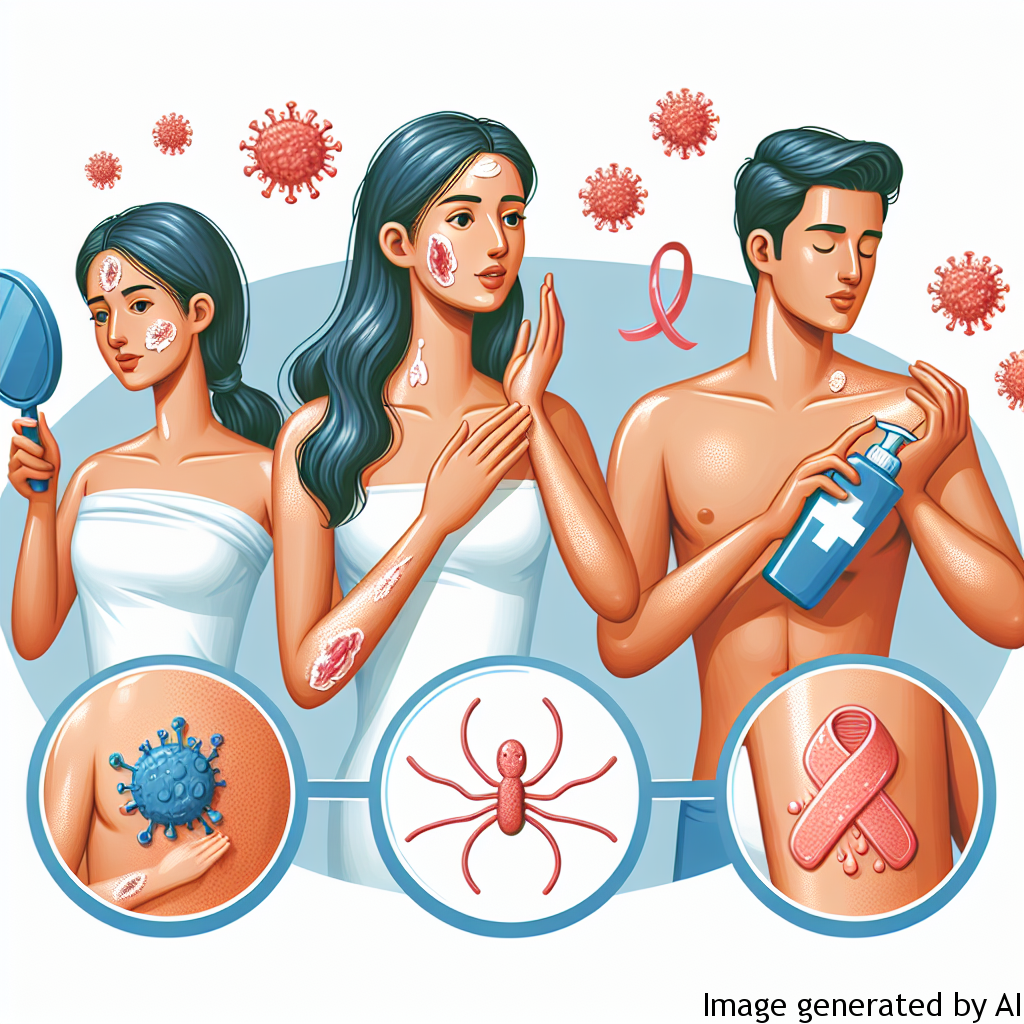Skincare and Prevention of Skin Diseases
The human skin not only serves as the body’s leading protective shield against environmental factors but plays an instrumental role in the representation of physical allure. Proper skincare is paramount not only in maintaining a well-groomed appearance but also in promoting overall health and preventing various skin diseases. This article aims to delve into the various considerations and techniques underlying effective skincare and the prevention of skin diseases.
Understanding the Skin Composition
The Epidermis
The skin is composed of three crucial layers with the outermost one known as the epidermis. The epidermis contains skin cells, pigmentation, and proteins. It literally serves as the first line of defence against infections and diseases.
The Dermis
Beneath the epidermis is the robust layer known as the dermis. Its main components are nerve endings, sweat glands, oil glands, and hair follicles. The dermis holds a crucial role in thermoregulation, the production of sweat, and hair growth.
The Subcutaneous Fat
The third layer comprises subcutaneous fat, playing a significant role in conserving the body’s heat and functioning as a shock absorber to protect the inner organs from injuries.
The Importance of Skincare
Consistent skincare regimen enables the maintenance of a healthy and radiant skin complexion, furthermore, preventing skin issues such as acne, dark spots, and premature aging. Negligence can lead to several skin diseases including dermatitis, psoriasis, and skin cancer among others.
Effective Skincare Routine
An effective skincare routine that contributes to preventing skin diseases involves the following steps: Cleansing, Toning, Moisturizing and Sun protection. Cleansing eliminates dirt, oil, and contaminants that could lead to skin infections. Toning helps restore the pH balance of the skin while moisturizing helps keep the skin hydrated. Wearing a sunscreen, on the other hand, helps protect the skin from the harmful rays of the sun that could lead to skin diseases such as skin cancer.
Conclusion
In summary, effective skincare and the prevention of skin diseases hinge on understanding the skin’s physiology, the importance of skincare, and adopting an effective skincare routine. It’s important to realize that everyone’s skin is different and may require different care. Therefore, individuals should take time to understand their skin types and what works best for them. It’s advisable to consult a dermatologist for personalized skincare advice, especially when experiencing persistent skin problems.

